I am receiving complaints, admonitions of difficulty, of mystification. From now on, then, simplicity. No more irony, only clarity. Therefore...
Now we are all epicureans. We live for the fulfillment of our pleasures. The idols are toppled. They have made tables for our feasts. We dance upon the backs of our dying gods. Ideology is weak. It is easily blasphemed; no screams of auto-da-fé or the jubilations of the pious may out-moan these squeals of ecstasy. Ideology is maintained only by those most desperate of society, the outcasts of this universal revelry.
But this is old knowledge, obvious and coarse. Reason has whispered our lives are pointless, and the bestial senses have bum-rushed the void.
Yet one day, our pleasures will disregard us. The party will go on whether we are there or not. The general decay and orgy of mankind will continue, our addition being as minuscule as it will be pointless. The time will come when the lights fade, when the general shout will devolve into a soiled whimper; then the famished orgasm will ring leaden in our souls, as do the stars to the beggar. The party ends.
Pleasure will not pity us. It is known. The abandoning of conscience is part of pleasure's attraction. Perhaps this is the one true attraction of pleasure? Perhaps... In my life, I have experienced so little pleasure I could hardly say.
We grow pitiless, therefore, disdainful. We mirror this: the darker side of pleasure. Spiteful also, a growing hate for the emptiness of these promises we have made ourselves: the answer that is the saturnalia, the quest that is desire. Life grows hateful of life, and we fall into that wanton pessimism that seeks to destroy all. If life will not answer me, if the pleasures of life lead solely to despair, then so be it, I will be revenged upon life. No longer will I feed its insatiable maw; its evils end with me… Enter the antinatalist.
The antinatalist is a most curious case- an utter irony: it is not that they have suffered, it is that they have not suffered enough. What do I mean by this? We will take it causally. A prize struggled and fought for, earned in the most alarming and desperate of labours, inherently that prize is precious. Am I wrong?
Modernity, however, in its grim luxury and its easy proliferation, has made life cheap. Death is hidden by the dazzle and, irony of ironies, by becoming strangers with death there are now those who appear to worship it, it, and its oblivion. A peasant of the 13th century, that they, amid carnage, famine, and plague - suffering what we could barely dream of - struggled daily for their daily bread, that they did not abandon themselves to despair and death? We know this, for we are still here.
Schopenhauer was a pessimist, antinatalist par excellence, and what an easy life of luxury he led…
For the antinatalist, life is something cheaply earned, and therefore of little value, something that can and should be annulled. They come at life with levity, with a shrill precocity: not liking the game they seek to overturn the board. In this they will end the suffering, the heartache. They claim the most ethical of choices. But this is shortsighted. Consider that life, with her cruel pomposities, her supposed sadistic foundations, might in our stead spawn a new breed, one whose aptitude for agony might far surpass our own, a soft and silky race who would feel the sting of a wasp as we feel the bitterest of torment. Is it not then our ethical responsibility to ensure this should never happen? Is it not we who have been cursed with this treasure of being? Should we not then bear it manfully, and not run like cowards into the arms of oblivion, vacating our place on the rack for a breed less able to bear it?
The antinatalist might answer (in their strident tone, no doubt) that this is hypothetical, strangely speculative, that such sponges of despair are fanciful… but it is they who malign being with ultimate cruelty, think only of it as a foul bully whose first and last thoughts are torture: would not such a malicious universe have this and only this in mind? Taking arms then against a sea of troubles may not end them, rather set the stage for a far greater tragedy. Where is their consent, these pitiful and pitied beings of the latter ages? The antinatalist turned inside out.
But the antinatalist is present-looking, minatory, they see only pain; they are lacking in imagination, gutless for adventure. (If I sink to ad hominem in this, well, were they not there first?). Yes, life is suffering, meaning seems vacant. This is without question. But many questions, in this brief glimpse of time, are yet to be answered, does this mean they will never be answered?
For might it not yet be possible that in a million years, life might be redeemed? That whatever grandeur and mystery we can’t quite put our finger on, this agonizing delight, this ecstasy of anguish, this anguish of ecstasy, these tortuous moments whose labyrinth seems only to lead again to the start, might yet find an answer, that all things are possible, and that this destiny we sigh and dream for might yet come finally to outweigh the universe of tears that have washed us there? Is such a hope unfounded? What miracles in these brief millennia have we accomplished and what miracles are yet to come? The antinatalist is a disciple of pleasure, pleasure is of the instant, thus they can only think instantaneously. It is their loss, not ours.
That I have suffered? Without doubt. I am human. That I have suffered terribly? It is to be judged. I will save you the depredations and suicidal miseries of my adolescence. I will speak only of recent events… That one night, three years ago, I awoke with the world whirling around me, that from then on I suffered a vertigo of the worst degree, that no doctor could work out why, that from then on I could barely stand or eat, that I worried myself to death, that every moment was an agony, that I experienced migraines of the nth degree, that I could not work and therefore lost my job, that I could no longer support my family and had to beg for money, that I was no longer a man, that I would hear my wife crying at the sounds I made and know in my heart I should be quiet, yet make the sounds again, that I thought life was over for me, that I would have to listen as my five year old son asked endlessly “why can’t dada play with me?” and the frantic whispers of my wife as she tried and failed to make excuses for what was now a husk, that I believed myself to be brain damaged, that I could not sleep for weeks on end and knew there were worse things than I had ever dreamed, that when sleep finally would come I would awake screaming as I thought I was being strangled, that I searched for answers but could find none, that I read and writ not a word, that I cried endlessly and that it helped not for no one came to save me, that I could neither stand nor sit for vomiting, that the world went blurry, that at times I went blind, that still there were no answers, that my life had devolved to where a slug had more agency than I, that this lasted seven months, that I would do it all again, and that I would not give up, because…
Here, I have outlined a brief period in my life, but not merely as some philosophical navel-gazing, nor masochistic masturbation, nor even in search of an ounce of pity… I’ll have and need none… I have reasons, and I will give them clearly, brightly. I kept going first and foremost because of my son. I would not abandon him to the tortures of a lonesome fate, a world without his father. At that time, my life was based solely on his. He acted as my mainstay, my support: the foundations for which all arose. The antinatalist would say that this is selfish, that to place such an existential burden on so young a set of shoulders is an argument against life, not for. But, again, this is naïve, for was I not only taking what is rightfully mine? That is, being repaid the debt I was owed? Listen! For did not my father, at one time, ground his life on mine, and did not his father on him and so on. And is not my son now owed his debt? We are born creditors to this world. Thus, we are owed the universe, a life worthy of life. We are owed a child, the foundations of a reality. We have only to be brave and active enough to claim it. Life is ours for the taking. Why is there always such distress and laziness in the antinatalist argument? What do they fear so brazenly? Why always such a dishonorable defeat?
Then I would not give up. Nemo me impune lacessit—life may provoke me, torture me, reduce me to nothing, but I will not abandon my place. After my experience, and I had returned to health, I came not only to love life, but respect it. I felt I had earned it. I esteemed it. From then on, I knew life was a serious matter, to be taken seriously. For there is something so strange in suffering… I wish it on no one! Ever! But that to suffer is to be human, that we reach a sort of anti-transcendence, and become grounded in the brutal disharmony of it all.
To run the gamut of experience is not humiliating. Though we face the jeers of our enemies, though we are bathed in a chaos, lapped by fiery ignominy - but that one can be more after such pains, that one can be greater, not lesser, after such experiences… is that not worthy of anything? Not redemption perhaps. But at least an equivocation that should give us pause… and respect. Ultimately, we are greater than this universe whose growth comes alone from the winnowing palm of existence rather than the slap. Mark it, celebrate it, honor it, rather than spit upon it… Have such ideas ever flowed through the antinatalist’s head? Or has self-pity made them deaf to the wonders of life?
That we are masochists, in that we are superior…
Each person is entitled to take their own life if they so feel it. Nothing is more rightfully theirs than that. But to seek to annul the race of man over a certain spinelessness… now, that is pathetic, also humorless, and hysterical, a finicky lovelessness for all the splendors and fructuousness that life has rained down upon us.
They talk of consent, these antinatalists. But what of the consent of our ancestors who put up with far worse than we? Do they consent to the extinguishing of their line? Two billion years and all for naught? Can these destroyers extend grace for one moment beyond themselves? Or does suffering of a moment create such a vacuum of selfishness as to destroy all? We live in a corrupted age, indeed, a pleasurable poisonous age, that one cries at the pricking of a finger and seeks to destroy the hand.
The antinatalist: their continued existence is a testament to the livability of life… The only solace from the antinatalist is that their seed won’t go on. The fatalistic fools do the handiwork of extinguishing their line for you. And yet pity the millions that were to be born, pity that their choice was made for them… that not one among those unnumbered multitudes who would condone their life? Impossible. Consent, truly?
Let us not play coy anymore. They are weak, these antinatalists… really, they shy responsibility. They would not have any children in that they don’t want the party to end. It is their pleasure they care for not the suffering of their ill-starred kin. That is all.
Antinatalism: the ashes of pleasure seeking to relight themselves.
That’s it! If you liked then like, if not, well, like anyways and let others suffer your tedium and torture. Now go read something else…

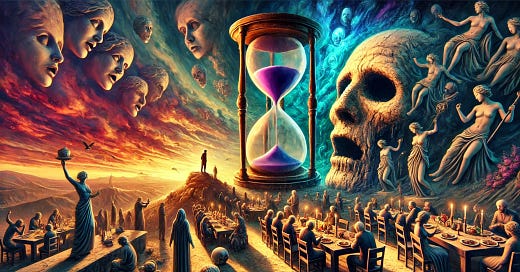


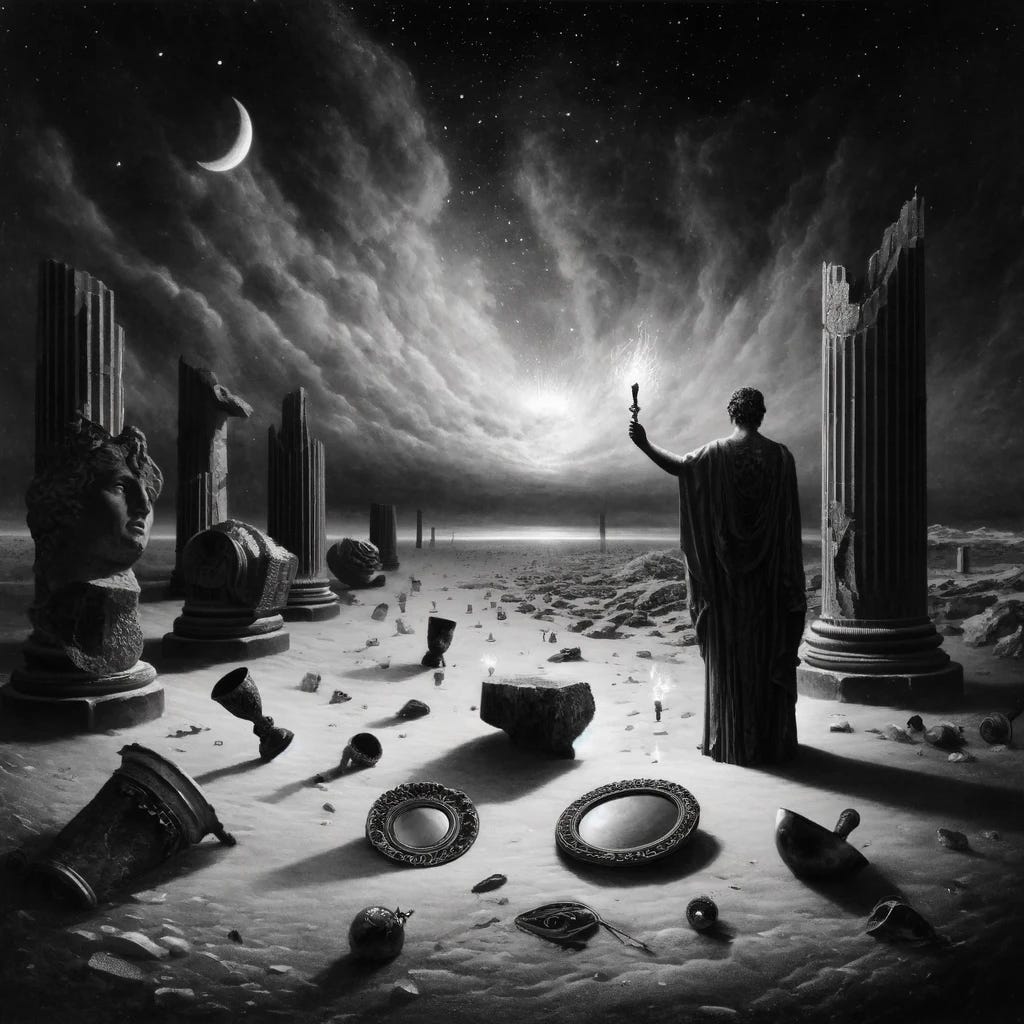
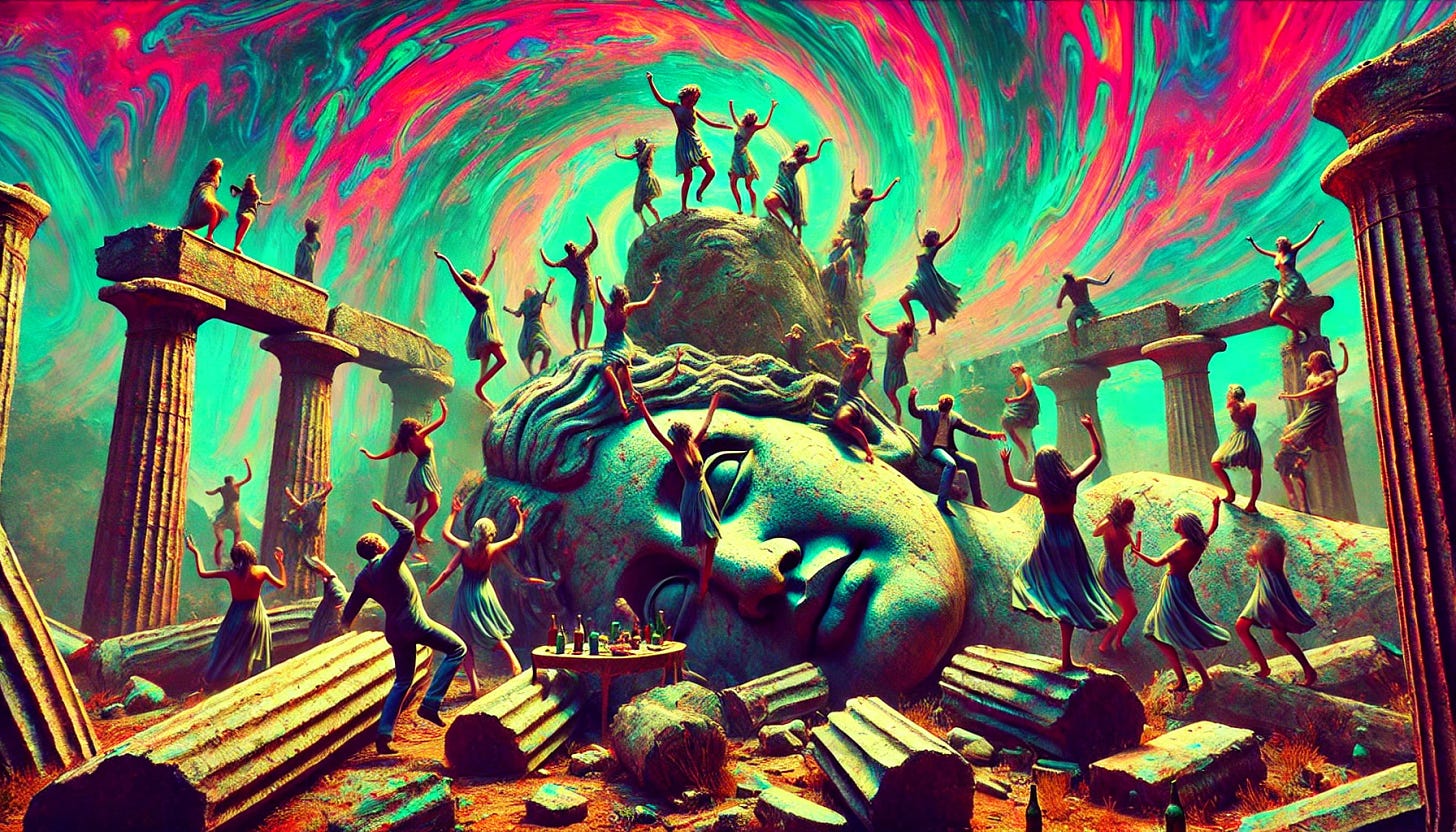
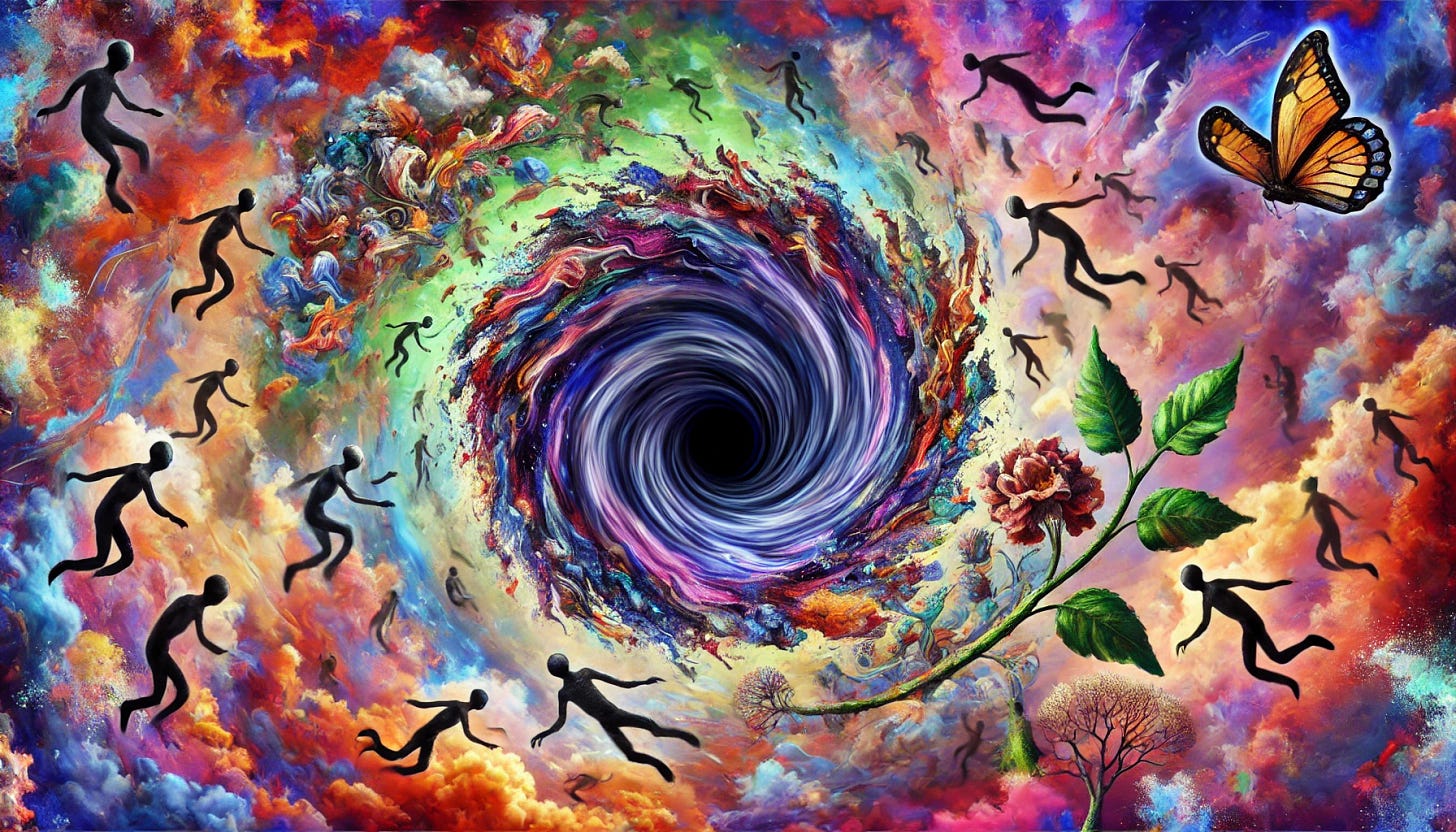
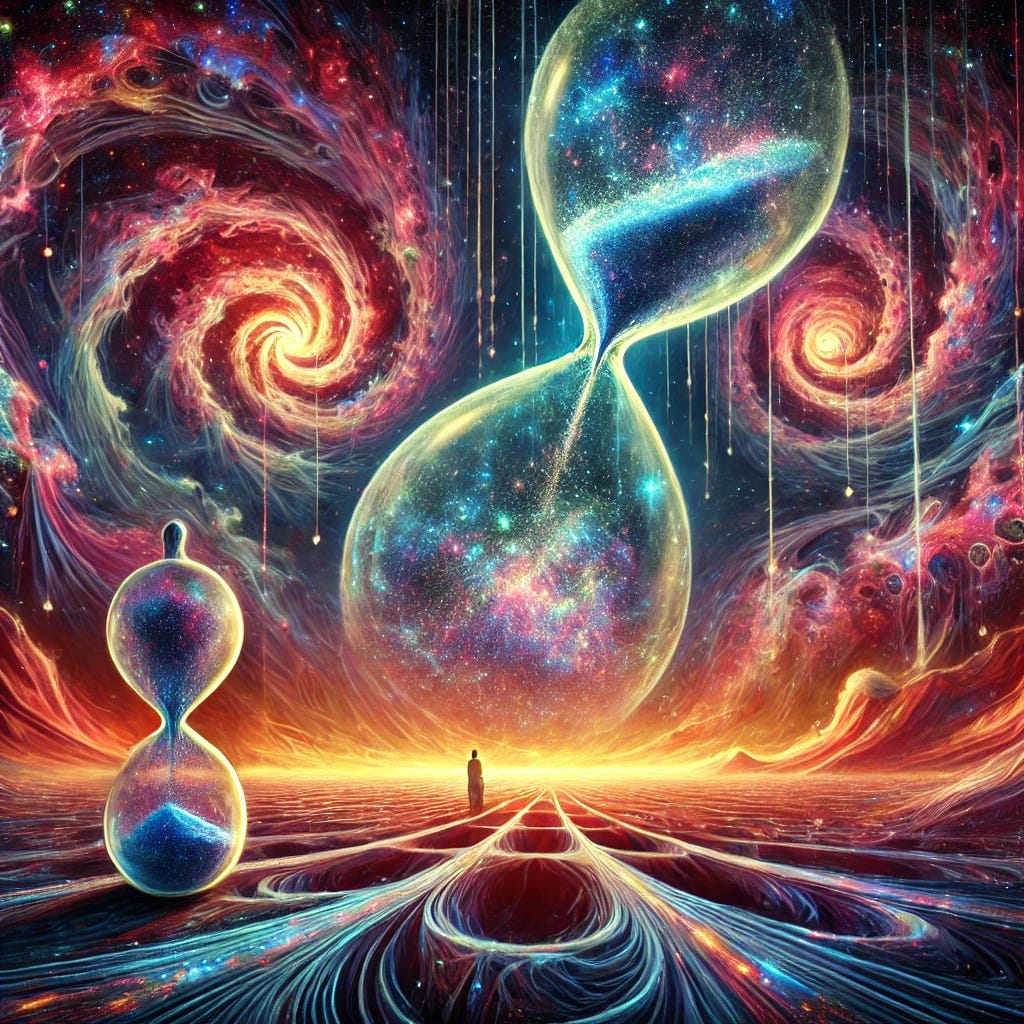
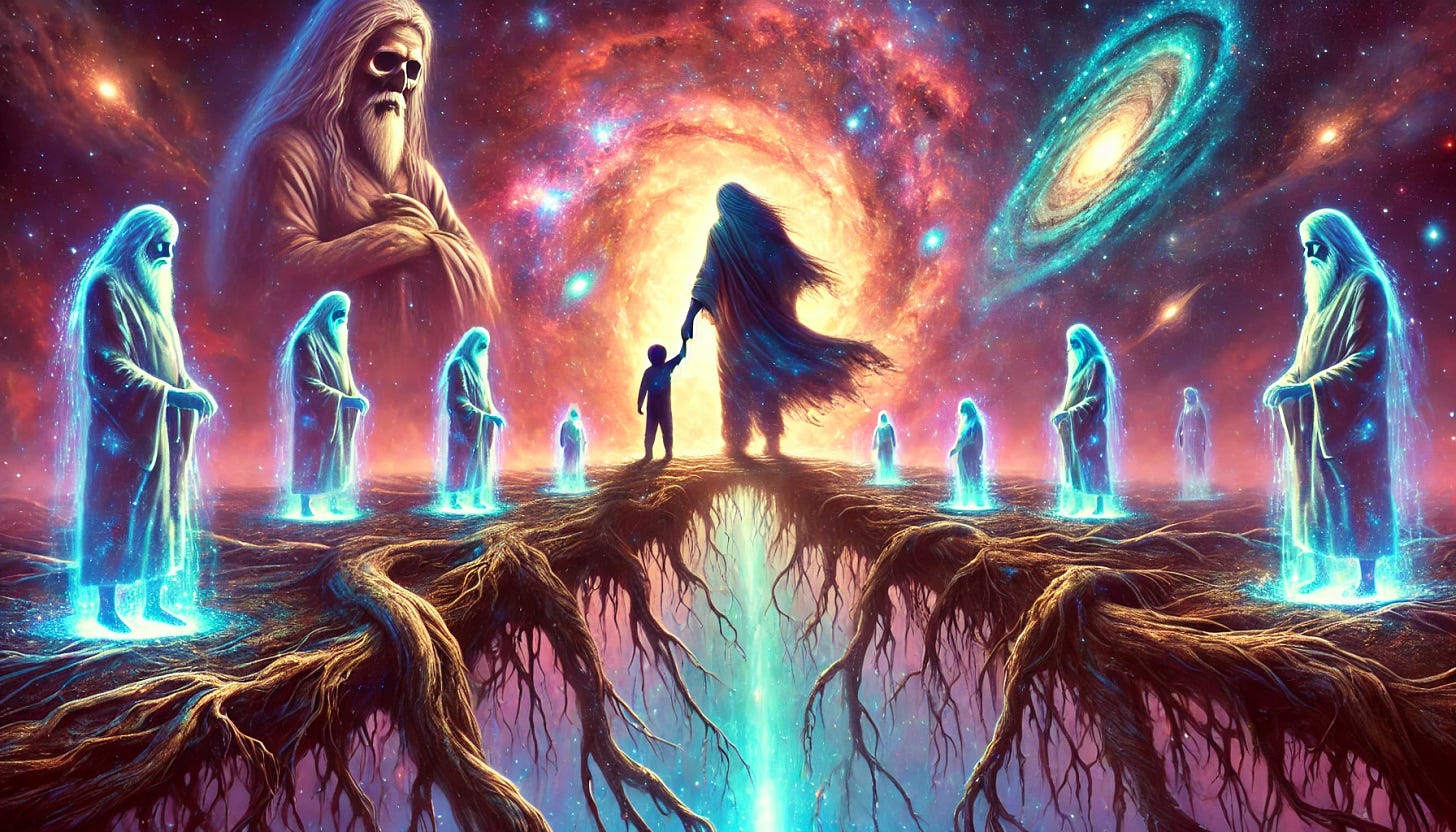
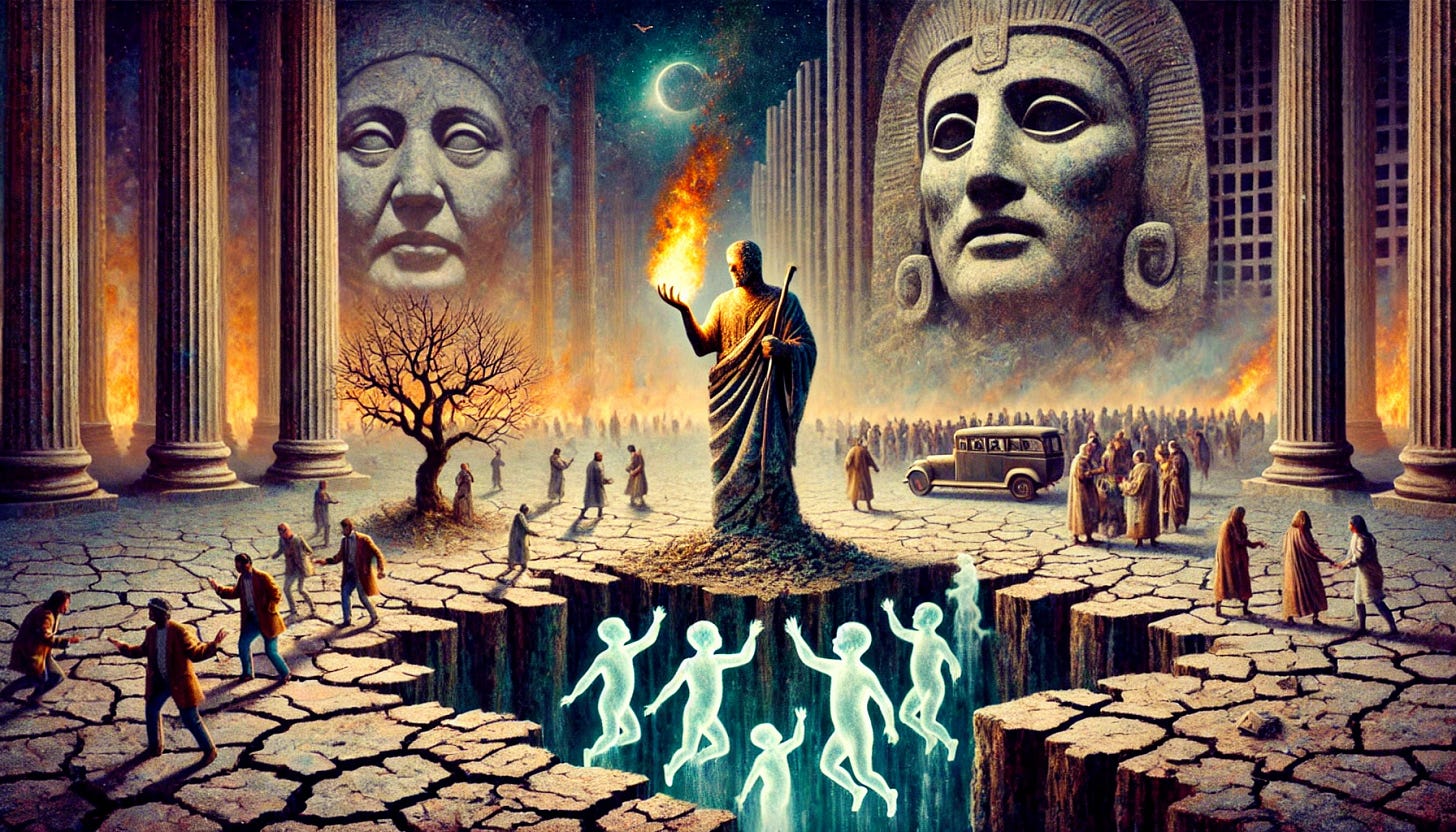
I really like this. Especially the rhetorical flourishes that add a certain charm to your writings. I think this is my favourite. That said, I have some observations (blame the philosophical training 😂) again just my opinion:
Firstly, there is a contradiction in your depiction of pleasure and antinatalists. At the beginning, you criticize modern society for being overly hedonistic, stating that "now we are all epicureans" who "live for the fulfillment of our pleasures." Later, however, you accuse antinatalists of being disciples of pleasure who avoid responsibility: "It is their pleasure they care for not the suffering of their ill-starred kin." This is inconsistent because antinatalism is typically rooted in the recognition of suffering and ethical concerns about bringing new life into a world of pain, rather than a pursuit of personal pleasure. Clarifying your stance on pleasure and its relation to antinatalism will strengthen your argument.
Secondly, your views on suffering present an inconsistency. You argue that antinatalists have not suffered enough to appreciate life's value: "It is not that they have suffered, it is that they have not suffered enough." Yet, antinatalists often emphasize the prevalence of suffering as a reason against procreation. Additionally, you share your own experiences of intense suffering leading you to value life more. If suffering increases appreciation for life, as you suggest, then those who have suffered greatly (including antinatalists) might be expected to value life more, not less. Addressing this contradiction will help clarify your position on the relationship between suffering and one's outlook on life.
Thirdly, your use of consent in the argument is inconsistent. You invoke the consent of ancestors who "put up with far worse than we" and question whether they consent to "the extinguishing of their line." However, antinatalists often focus on the lack of consent from potential future beings who cannot agree to be brought into existence and possibly suffer. If consent is a crucial ethical consideration, it should be applied consistently. Reflecting on this point will enhance the ethical coherence of your argument.
Moreover, relying heavily on personal anecdotes to generalize about universal experiences can be problematic. While your personal story of overcoming adversity is powerful, it may not be representative of everyone's experiences. Not all individuals may find meaning or increased appreciation for life through suffering. Acknowledging the diversity of human experiences and perspectives can make your argument more inclusive and persuasive.
Additionally, you propose a scenario where not procreating could lead to a future race that suffers more intensely: "Consider that life... might spawn a new breed, one whose aptitude for agony might far surpass our own... Is it not then our ethical responsibility to ensure this should never happen?"
This speculative argument aims to suggest that continuing to procreate could prevent a worse outcome. However, Antinatalists could counter that the certainty of preventing suffering by not bringing new beings into existence outweighs speculative risks.
Lastly, there is ambiguity in your portrayal of life's value. At times, you assert that life and its rewards are owed to us by virtue of existence: "We are born creditors to this world. Thus, we are owed the universe." At other times, you imply that life is something to be earned through enduring suffering: "I felt I had earned it. I esteemed it." Clarifying whether you view life as an inherent right or as a reward earned through perseverance will help.
Again just my thoughts
I am anti-natalist for pragmatic reasons.
1. The vast majority of American women are horrible banal materialists with woke tendencies. I am not going to give up a life seeking artistic excellence and peace and quiet in the wilderness to please some banal harpy. I live simply in a retrofitted cottage in the wilderness, yet nicely with very few material goods of high quality. My living room is a music studio, and my spare bedroom where I keep my laser cutter for my paper cut art. The average “educated” American woman can’t wrap her mind around this way of life, and the local girls are fat and stupid.
2. I cannot imagine bringing up a child in the Jew controlled forever war haunted hell world that is 21st century America where I am hated for being a proud rural white man.